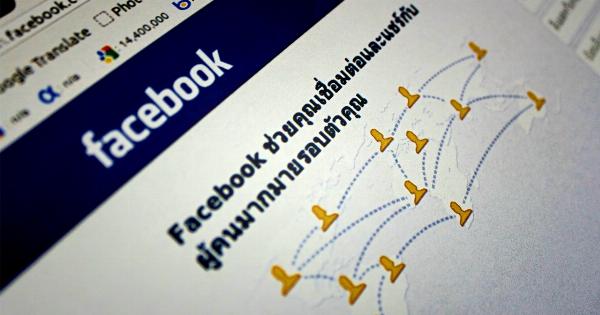Adolescents today spend a considerable amount of time online, engaging in various activities. While the internet undoubtedly has its benefits, it also exposes young people to a host of dangers that parents and guardians must navigate.
This piece will explore those hazards and provide some tips for safeguarding your child.
Cyberbullying
Cyberbullying is a growing problem among adolescence. Hurtful comments and images posted on social media can become severely, emotionally, and psychologically damaging for children.
Children who are victims of bullying can become depressed, anxious, and even suicidal. Parents need to be aware of their children’s online activity and recognize the signs of cyberbullying, such as withdrawing from social situations, unusual mood shifts, and unexplained physical symptoms like headaches or stomachaches.
If you notice any of these behaviors, it is essential to take steps to help stop the bullying.
Online Predators
Online predators are one of the most significant risks to children’s safety online. They prey on vulnerable children and create situations where they can lure them into doing things they shouldn’t do.
Parents can take a few measures to prevent their children from being lured by online predators by monitoring their online activity and emphasizing the importance of privacy. They should also be aware of the common tricks that online predators use like grooming techniques to gain children’s trust. Parents must remind their children not to share any personal information online or accept invitations to meet strangers offline.
Inappropriate Messaging and Imagery
Inappropriate messaging and imagery expose children to dangerous contents that are not suitable for their age.
Parents must monitor their children online, install filters that limit their access to adult contents, and teach them how to report unwanted messages and alerts when they come across them.
Children should be made to understand the importance of online safety, and parents must have conversations with them about the sort of behavior that is acceptable online; they should also ensure their children stay within the scope of age-appropriate content.
Addiction and Online Gaming Disorders
The internet can be addictive, and this is particularly true for online gaming. Children can get hooked on playing games online, starting from a few hours to a total immersive experience. Addiction has harmful consequences.
It can negatively affect a child’s social life, schoolwork, and physical well-being. Parents should enforce time limits for device usage for their children, monitor their online activity, and set up a rule that they must adhere to schedules meant for physical activities and homework.
Parents may also enroll children in activities that encourage them to interact with others outside of the online world.
Conclusion: Protecting Your Children Online
The internet is an excellent tool for learning, research, and entertainment; however, it poses significant dangers to unsupervised adolescents.
As a parent, you can strengthen your child’s online safety by monitoring their activity and behavior, teaching them the fundamental principles of online safety, setting guidelines on acceptable behavior, and implementing tools to limit their exposure to inappropriate content. Ensuring your child is safe online is essential in today’s world and requires parental attention and vigilance.






























